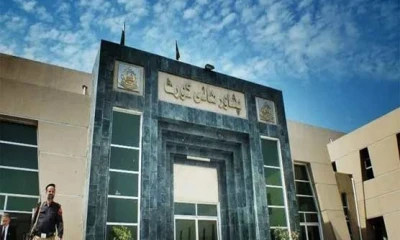Business
GDP growth expected to be between 2% to 3%, SBP
According to the SBP, the GDP growth rate is expected to be between two to three percent, with the key driver being Pakistan's agriculture sector
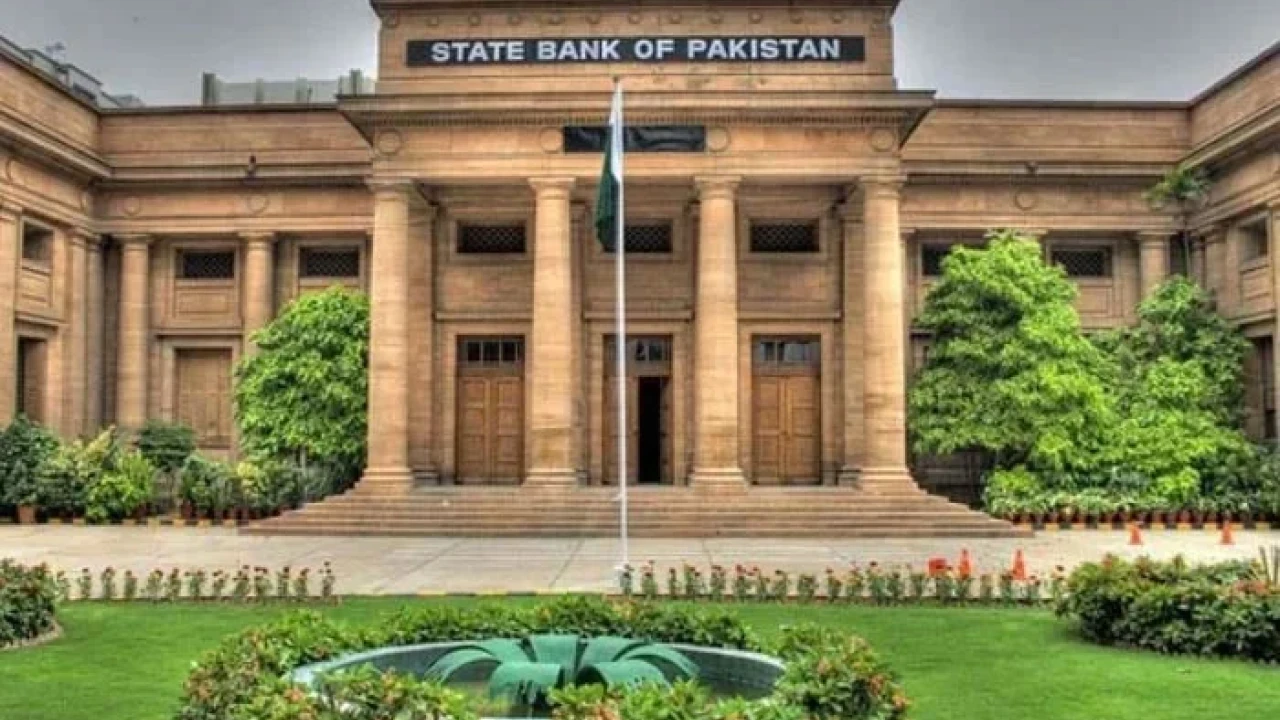
Islamabad: The generation of the Special Investment Facility Council (SIFC) has made major efforts at the policy level to steer the economy of Pakistan on the right track, the fruits of which are coming in the form of improvement in the economy.
According to the recent reports of the Asian Development Bank (ADP), State Bank of Pakistan (SBP) and the Bureau of Statistics Pakistan, Pakistan's economy has been moving in the right direction in the last nine months.
Compared to 2023, the economic situation of Pakistan has been better this year, but the inflation has not really decreased, the main reason for which is said to be poor policies of the past and sudden disasters.
According to the ADP, the stability of the value of the Pakistani rupee against the dollar and the upward trend in the Pakistan Stock Exchange were observed.
According to the SBP, the Gross Domestic Product (GDP) growth rate is expected to be between two to three percent, with the key driver being Pakistan's agriculture sector.
The State Bank of Pakistan also stated that during the fiscal year 2024, the growth rate of the agricultural sector was more than 7% due to the increase in wheat, rice, corn, and cotton crops.
Due to the increase in remittances of Pakistanis abroad, the current account has increased by 619 million dollars. Overall, the current account deficit has decreased by 87.5% to 0.5 billion dollars during the fiscal year 2024 compared to last year.
A narrowing of the current account deficit helped the State Bank to maintain foreign exchange reserves of $8 billion despite a $1 billion Eurobond repayment.
Regional
Flour price reduces due to govt initiatives
It should be noted that earlier the 20 kg flour’s bag reduced to Rs800 in few days
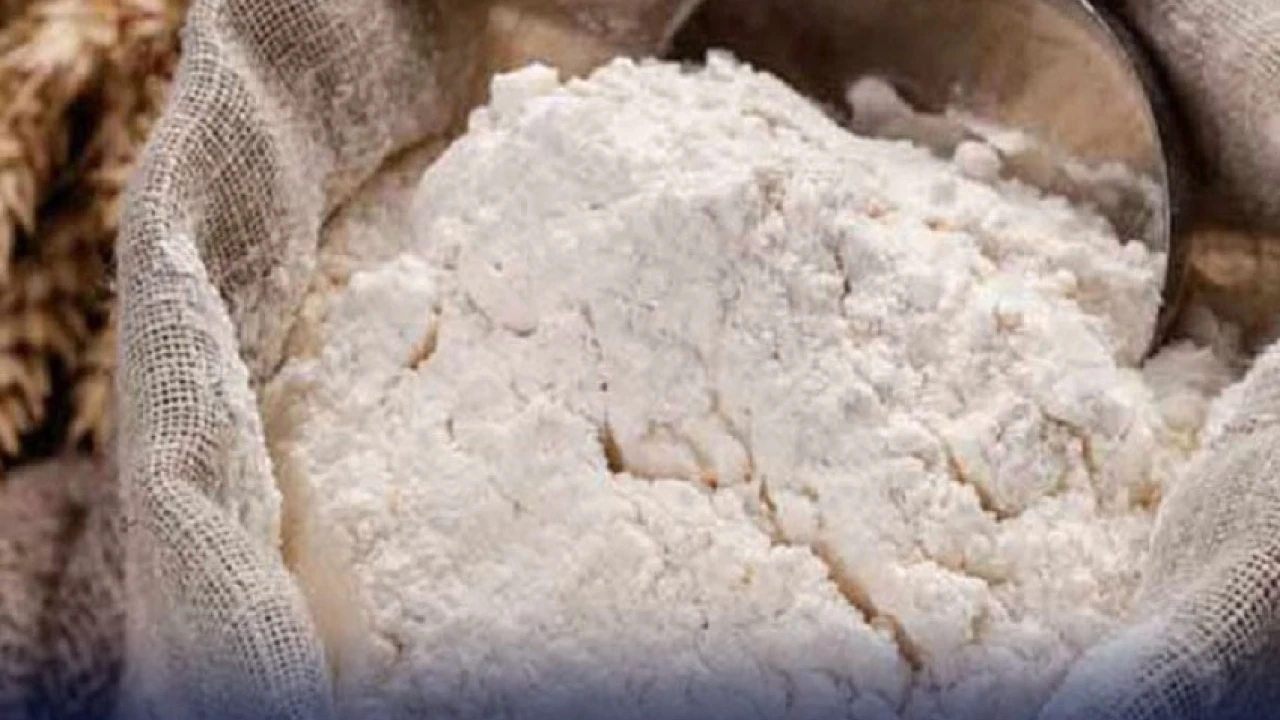
Islamabad: The flour price has reduced from Rs10 to Rs20 per kg in Islamabad.
According to the details, the benefits have reached to public of reducing the price of flour. The per kg flour bag’s price reduced to Rs1200 from Rs1470, the 10 kg flour bag’s price reduced to Rs270, the 15 kg flour bag’s price reduced to Rs600 and the 20 kg flour bag’s price reduced to Rs630.
On the other hand, the first-class flour’s price reduced to Rs160 from Rs170 and the second-class flour’s price reduced to Rs150 from Rs160.
The bread’s price also reduced from Rs10 to Rs20. The small bread’s price reduced to Rs120 while the big bead’s price reduced to Rs220.
It should be noted that earlier the 20 kg flour’s bag reduced to Rs800 in few days.
Technology
AI likely to risk 17% employment in Saudi Arabia
Director of the Middle East affairs of a global consultancy firm, said that considering the future changing conditions, it can be said that 17% of jobs in the Kingdom will be replaced by AI within three years

Riyadh: International consultants said that Artificial Intelligence (AT) could affect 17% of jobs in Saudi Arabia in the next three years.
According to Arab media, Najla Najam, professional business manager of an American consulting business company, stated that AI is expected not only to change the way people work, but it is also possible that it will replace people.
The experts suggested that 80% of jobs related to creative work can be affected by artificial intelligence, while 53% of executive positions are at risk from AI. An increase is also expected in the manufacturing sector by 10 to 30 percent over the next three years with the help of AI.
The study revealed that employees in the Middle East are more involved in productivity issues than in other countries, but it is also expected that organizations will train their employees to adapt them to the demands of the new era.
A large number of those affected by artificial intelligence will be people from the 90s to the 21st century whose jobs may be at risk.
Oliver, director of the Middle East affairs of a global consultancy firm, said that considering the future changing conditions, it can be said that 17% of jobs in the Kingdom will be replaced by artificial intelligence within three years.
-

 Pakistan 1 day ago
Pakistan 1 day agoGovernor KP Ghulam Ali meets Nawaz Sharif
-

 Pakistan 1 day ago
Pakistan 1 day agoNawaz Sharif returns home after China tour
-

 Sports 1 day ago
Sports 1 day agoEngland announce squad for series against Pakistan
-
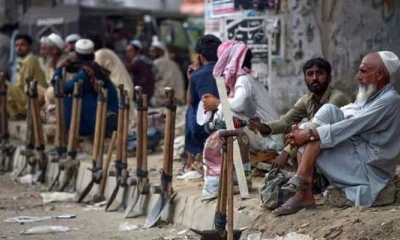
 Pakistan 1 day ago
Pakistan 1 day agoInt'l Labour Day being observed across country today
-

 Pakistan 2 days ago
Pakistan 2 days agoSC adjourns hearing IHC judges’ letter case till May 7
-

 Pakistan 1 day ago
Pakistan 1 day agoPM Shehbaz, Zardari pays tribute on Labour Day
-
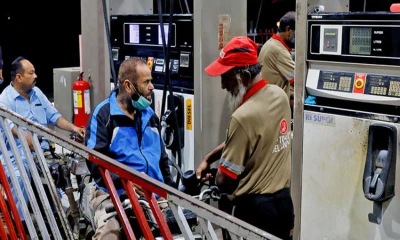
 Business 2 days ago
Business 2 days agoPetrol, diesel prices likely to drop from May 1
-
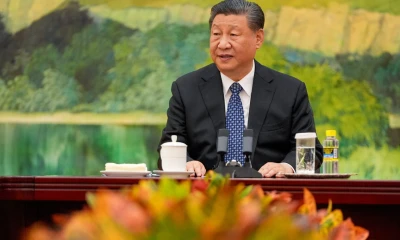
 World 2 days ago
World 2 days agoPresident Xi to visit France, Serbia, Hungary from May 5















